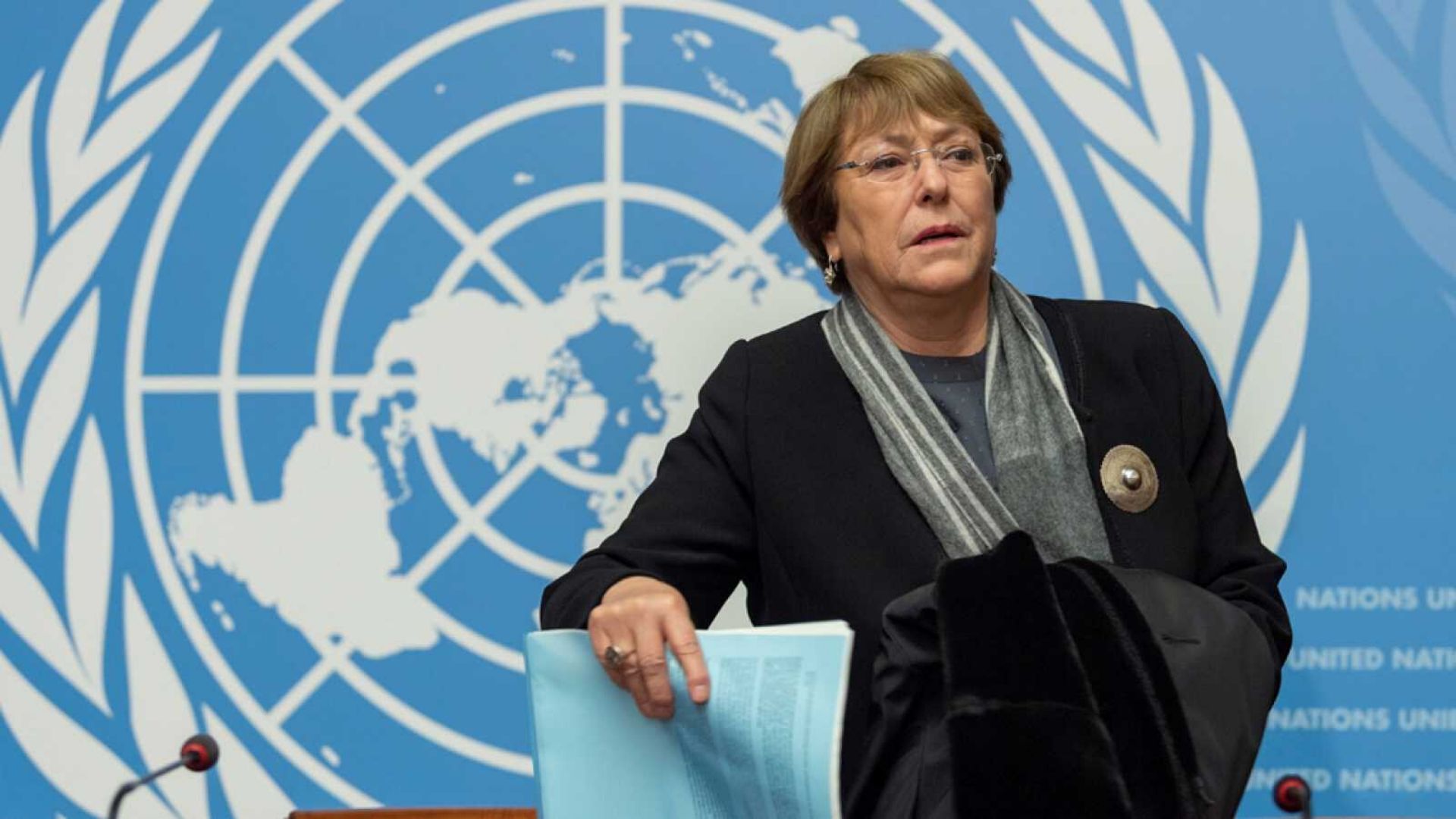Venezuela en Cifras (Venezuela by the numbers) is an initiative of the Venezuelan Organization Un Mundo Sin Mordaza aimed at reporting in a clear, brief, and simple way how the human rights of Venezuelans were affected in 2021 in the context of the Complex Humanitarian Emergency. The topics include economy, migration, education, health care, public services, protests, citizen security and electoral conditions
The research conducted for this report consisted of a detailed review of the press and reports by organizations specialized in each of the topics. This information was then systematized, analyzed and simplified through the use of images, graphs and infographics to allow easier understanding.
In 2021, the humanitarian emergency that Venezuela has suffered since 2017 continued to worsen and affect the quality of life of Venezuelans.
Likewise, the COVID-19 pandemic deepened the crisis in the country characterized by the acceleration of pre-existing deficiencies and the needs of the population in a year marked by elections and the beginning of the vaccination system, as well as a slight improvement in economic trends.
Regarding the economy, there was a significant decrease in monthly inflation from 55.20% in January 2021 to 6% in November. However, the inflationary trend continued with annual inflation of 617% for 2021 as a consequence of the precarious economic conditions in the country and other situations that are analyzed in the report. Concerning migration, the number of Venezuelan refugees and migrants stood at 6,038,937, distributed mainly across Latin America and the Caribbean, with Colombia being the country with the largest number of Venezuelan nationals at 1,842,390.
In terms of education, according to the latest UNICEF report for 2021, the COVID-19 pandemic affected the right to education of approximately 7.9 million students due to the closure of schools and their inability to access remote learning in a country where 6 out of 10 people do not have a mobile phone. Regarding healthcare, 85% of health centers did not have water service, cleaning supplies, or biosafety elements to protect patients, doctors, and health teams against COVID-19.
In terms of citizen security, the trend showed a large number of people killed in criminal violence, which represented about 6 out of 10 crimes committed in this period.
Public services are another of the many problems that year after year worsens the living conditions of Venezuelans. According to a report by the Committee of People Affected by Blackouts, 294,324 power failures were recorded throughout Venezuela between March 2019 and October 2021; as well as pronounced failures in internet service and access to domestic gas for cooking. As a consequence of this and other problems, more than 5,198 protests were held in 2021, 81% of them aimed at demanding guarantees of protection for people’s Economic, Social and Cultural Rights.

2021 was an election year in Venezuela, with a questioned regional election that took place on November 21. Some of the documented irregularities included the interference of the Supreme Court of Justice and the Office of the Comptroller General of the Republic in the decisions of the Board of Directors of the National Electoral Council to ban candidates from organizations that oppose the ruling coalition, which did not allow for a climate of transparency, equality and reliability of the electoral process. In addition, the excessive use of public assets and resources by officials of the ruling party violated the condition of equality, thus making a legitimate election impossible.
Finally, the continuation of a pattern of systematic violation of freedom of expression was evident in 2021. From January to August 2021, the Venezuelan NGO Espacio Público registered at least 151 cases involving 292 allegations of violations of freedom of expression. Although this figure reflects a decrease of 50% in the number of cases and a decrease of 63% in the number of violations registered in the same period of last year, the continuation of the violations stands out, regardless of a decrease in reported cases.
See the full report in Spanish HERE.
Translated by José Rafael Medina




